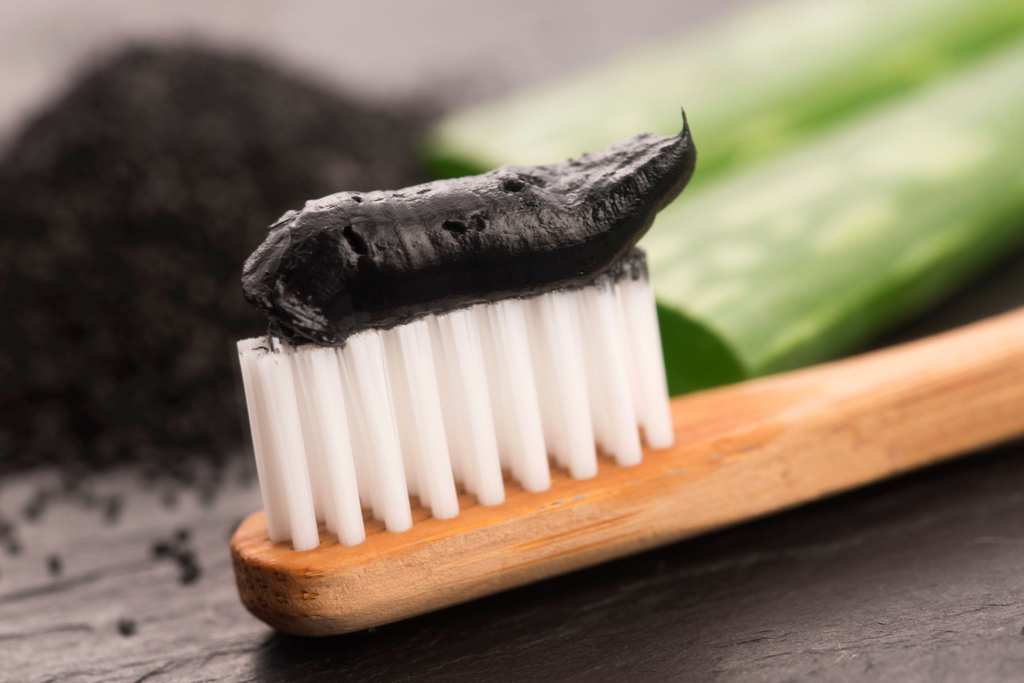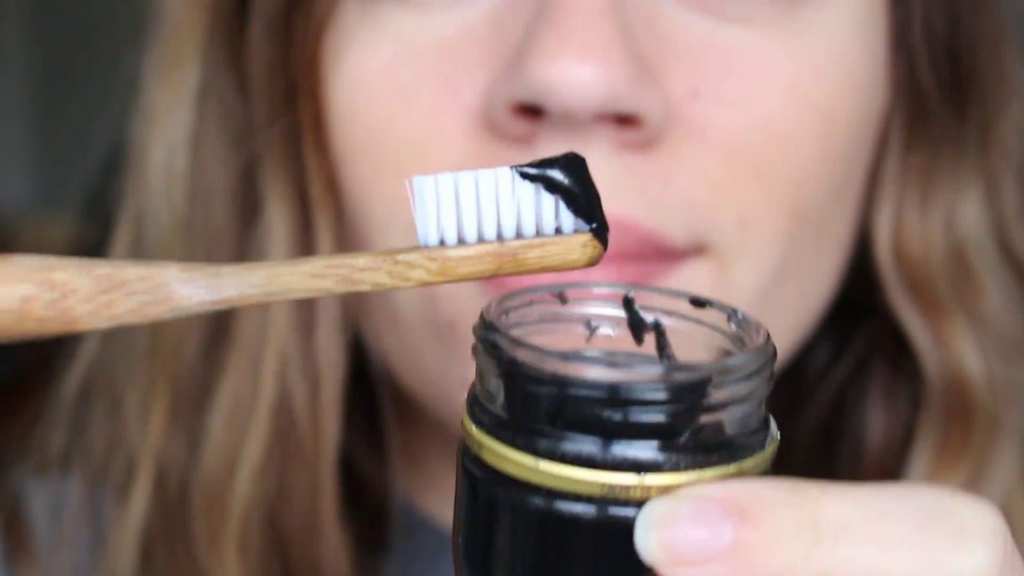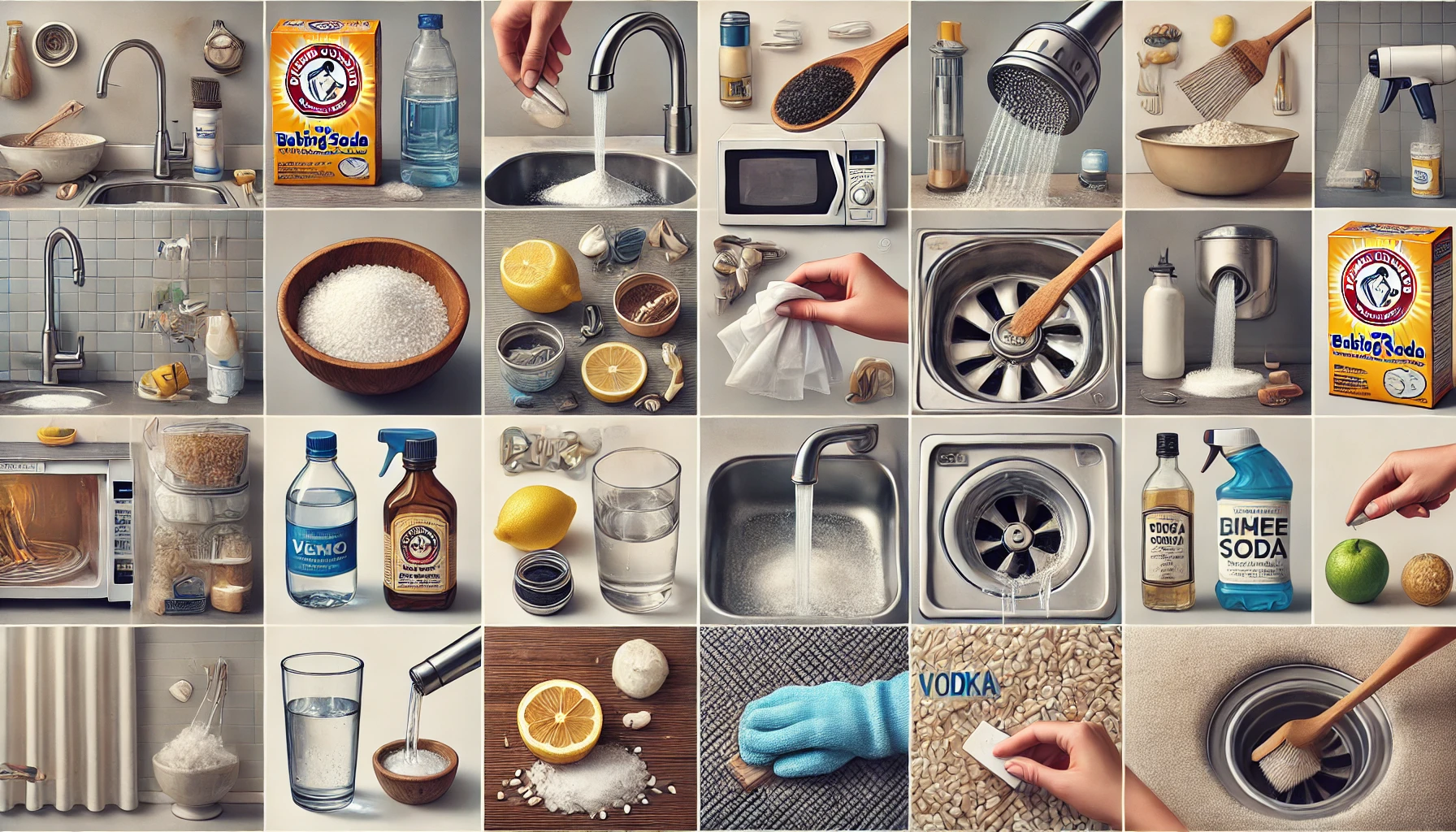Looking after your teeth is essential if you want to have a winning smile. Unfortunately, even if you brush every morning and evening, it’s still possible for your teeth to end up discolored and unappealing. That’s why some people have turned to using charcoal-based toothpaste to ensure their smile stays nice and bright. Why is something that’s known for staining things black good for keeping your teeth white, though? Plus, is this product even safe to use?

The celebrity seal of approval
Charcoal-based toothpaste has seen a significant rise in popularity recently. That’s partly thanks to people like Kendall Jenner advertising the product on social media. When you have 115 million people following everything you do, the things you like will inevitably become popular.
Of course, people haven’t merely been buying this toothpaste because someone like Jenner was using it. They bought it because they wanted to reap the apparent benefits that come from applying it to your teeth. Supposedly, these charcoal-based products can whiten your teeth better than regular toothpaste ever could. However, things like this don’t usually work without having consequences somewhere down the line.
A powerful binding agent
Activated charcoal is something you can find in a lot of beauty products nowadays, especially face masks. It’s basically a form of carbon with a porous surface, meaning it can easily absorb things like dirt and oil. That’s why people who apply these face masks often appear to have cleaner-looking skin in a matter of minutes.
The charcoal acts similarly when it comes to toothpaste. The idea is that when you use it on your teeth, it binds to all the bad stuff it finds. That means things like tartar and bacteria get attached to the toothpaste and ultimately washed down the drain one you spit it out. It’s incredibly powerful and supposedly works like a miracle cure for your teeth. However, it might not be as good for you as it seems.
A host of issues
The British Dental Journal did a review into the product earlier this year, and their findings weren’t particularly hopeful. It seems there was little evidence that the toothpaste protected against tooth decay, or any other dental problems for that matter. Not only that, but it also appeared that the toothpaste had a risk of actually making people’s teeth worse.
Dr. Joseph Greenwall-Cohen, one of the review’s authors, identified this product as being a potential issue for those with fillings. He stated that the charcoal could get into them and wouldn’t be easy to remove, possibly causing problems down the line. Moreover, because the charcoal was so abrasive, it risked damaging the enamel on people’s teeth. Rather than giving users a whiter smile, it would actually just make things worse.

It works on the surface
This definitely calls into question the effectiveness of charcoal-based toothpaste, with other scientists and health professionals confirming that the product’s benefits are questionable. Some people do argue that the toothpaste can help whiten teeth but only on the surface level. While they can remove any exterior staining, they can’t deal with deeper issues caused by things like weak enamel or trauma. No toothpaste can really resolve those problems, with specialized bleaching treatments required to perfect that white smile.
So, while charcoal-based toothpaste can help improve your smile, it won’t necessarily do anything for your dental hygiene. You might want to keep that in mind before you go spending your money on anything.









